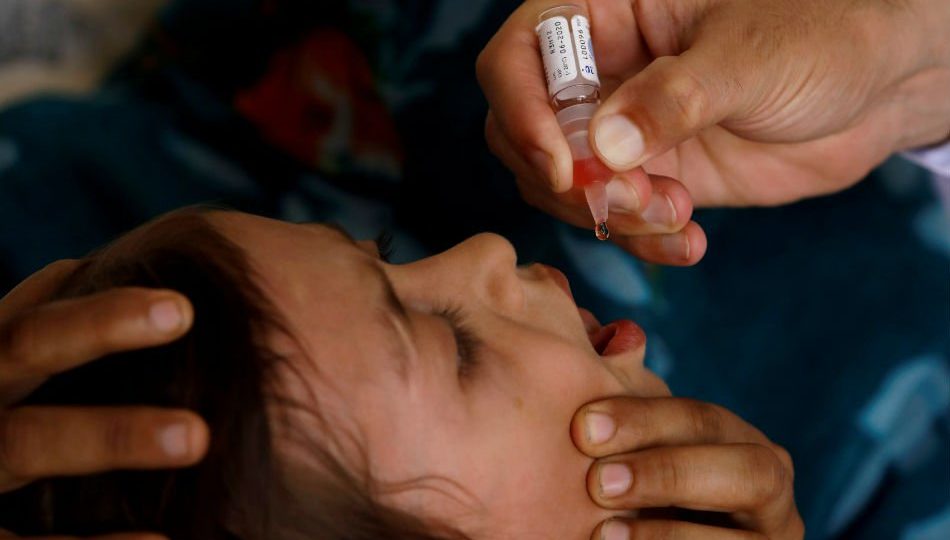Four more children have been added to the tally of recent polio infections since the disease’s reappearance in the Philippines in September, including a 3-year-old boy from Quezon City who fell ill despite receiving vaccinations.
In a statement yesterday, the Department of Health (DOH) said that two boys from Maguindanao, aged 2 and 3, were diagnosed with polio, while another 2-year-old boy fell ill in Sultan Kudarat. All of the patients, including the fourth boy in Quezon City, manifested signs of fever, diarrhea, muscle pain, paralysis, and weakness of the body.
Quezon City’s local government, meanwhile, said that the polio patient there is a resident of Sitio Kaliwa, in the city’s Batasan Hills, and had previously received five doses of polio vaccine. The first three doses were given when the boy was still an infant, while two were given last year during the DOH’s Sabayang Pagpatak (“Vaccinate Everyone”) campaign. However, the child showed signs of paralysis on Nov. 30 and tests showed he had Type 2 polio.
The boy’s diagnosis was announced by the World Health Organization-Philippines (WHO) yesterday, and has led to a flurry of concern among netizens. Responding to one question online, the WHO said that the boy received the bivalent Oral Polio Vaccine (bOPV), which protects against Types 1 and 3, but not Type 2.

It said the bOPV was the vaccine used by the DOH in its immunization campaign because previously only Type 1 polio had been detected in the National Capital Region (NCR). It added that the next rounds of immunization will use an oral polio vaccine against Type 2.
The DOH said they will do another round of immunizations from Jan. 20 to Feb. 2 in all parts of Mindanao, and from Jan. 7 to Feb. 7 in the NCR. It did not say which types of polio the vaccines to be used will protect against.
It was in September when the DOH announced that polio had returned to the Philippines, almost 20 years after the WHO said it was completely eradicated in the country.
The reemergence followed widespread fears of vaccinations spurred by the controversy surrounding Dengvaxia, an anti-dengue vaccine now banned in the country. It was included in the government’s vaccination program in 2016 and some 800,000 school children were immunized with it.
In 2017, however, Public Attorney’s Office chief Persida Acosta claimed that Dengvaxia had caused hundreds of children to die. Despite the claims being rejected by many doctors, the resulting scare caused many parents to refuse to get their children immunizations of any kind, which led to a measles outbreak earlier this year and a national dengue epidemic that was declared in August.
There is no cure for polio. Its symptoms include vomiting, abdominal pain, constipation, fever, and lethargy. A small number of cases lead to paralysis.





Reader Interactions